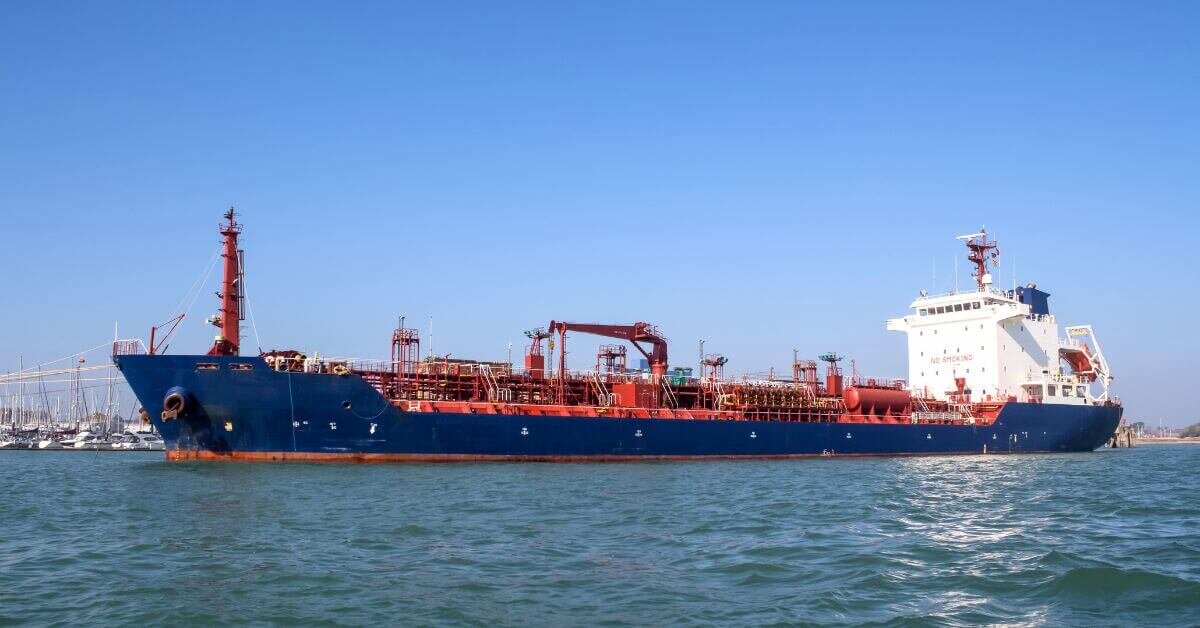On one hand, according to what has been in effect until now, the decree imposing tariffs on Chinese ships docking at American ports is expected to be implemented.
On the other hand, the American administration is now targeting the agreement reached at the International Maritime Organization (IMO) mainly between the EU and China, in order to pass a joint proposal for reducing pollution from the shipping industry.
It should be noted that last April, during the IMO’s Environmental Committee meeting where the plan was initially to be approved, the EU at the last moment aligned with China’s interests, abandoning the International Chamber of Shipping’s proposal for Net Zero. At that time, the US had withdrawn without taking a position on the issue.
However, with yesterday’s joint announcement by the Secretaries of State, Marco Rubio, Commerce, Howard Latnik, Energy, Chris Wright, and Transportation, Sean Duffy, the almost certain until yesterday IMO-level agreement for a Net Zero Framework is being called into question.
It is an agreement primarily supported by the EU.
and China and was set to be adopted globally, aiming to reduce greenhouse gas emissions from shipping.
The US, with this announcement, is holding IMO member states accountable, warning that they will take retaliatory measures against countries that support the adoption of the Net Zero Framework.
“IMO members must know that we will seek their support against this action and will not hesitate to take retaliatory measures against those who oppose it,” the American ministers notably state in their joint declaration.
In fact, the US is clearly targeting China, as they mention that the existing agreement (at the IMO) will benefit the large Asian country.
According to the announcement by US officials: “President Trump has made it clear that the United States will not accept any international environmental agreement that unjustifiably or unfairly burdens the US or harms the interests of the American people.”
In October, members of the International Maritime Organization (IMO) are set to consider the adoption of the so-called “Net Zero Framework,” which aims to reduce global greenhouse gas emissions from the international shipping sector.
Regardless of its stated objectives, the proposed framework essentially constitutes a global carbon tax on Americans, imposed by a UN organization that is accountable to no one.
These fuel standards will benefit China, as they require the use of expensive fuels that are not available on a global scale.
These standards will also exclude the use of proven technologies that power ship fleets, including lower-emission options in which the American industry holds a leading position, such as liquefied natural gas and biofuels.
Under this framework, ships will have to pay fees for failing to meet the unattainable fuel standards and emission targets.
These fees will increase the cost of energy, transportation, and recreational cruises.
Even small vessels will be burdened with fees amounting to millions of dollars, directly increasing costs for American consumers.
The Trump administration categorically rejects this proposal before the IMO.
Regarding the initial agreement of last April at the IMO’s Marine Environment Protection Committee, the Greek shipping community has also expressed its concerns.
Notably, the president of the EEE, Melina Travlou, states in the Union’s annual report:
“In the international field of energy transition, we have consistently supported feasible, global solutions and not unilateral and regional measures that undermine the sector’s viability.
The new agreement on medium-term emission reduction measures does not satisfy the industry.
International shipping was present throughout the lengthy negotiations, yet its realistic proposals were only partially and unsatisfactorily adopted.
The final agreement, though a product of compromise, presents significant challenges in its implementation.”
She has also made special reference to liquefied natural gas: “The failure to recognize the vital role and the unfair treatment of transitional fuels, such as LNG, undermines the investments made as well as the industry’s efforts to move away from carbon.





